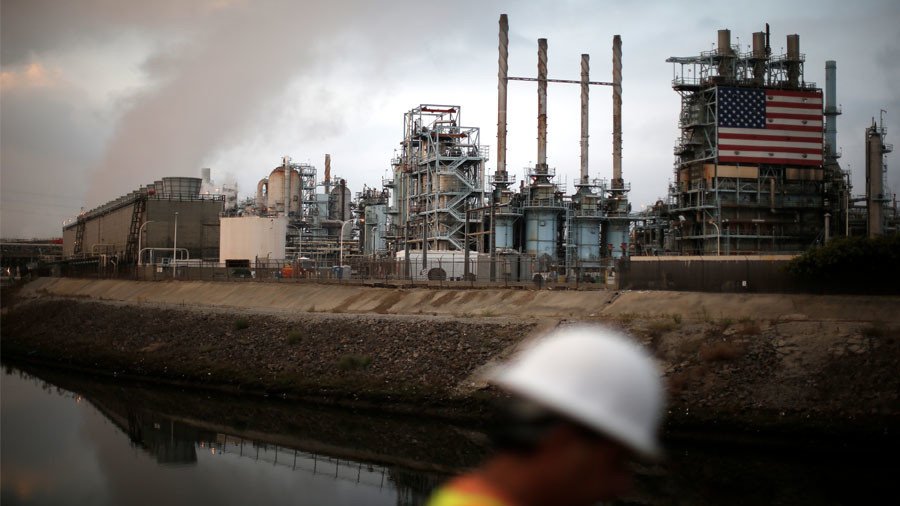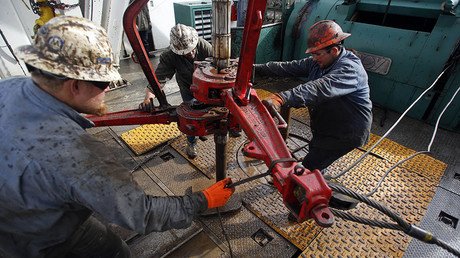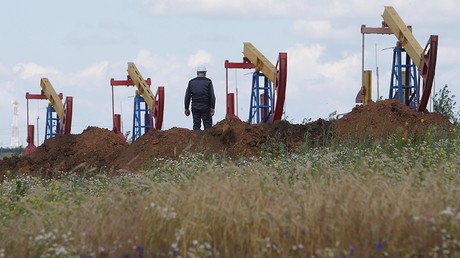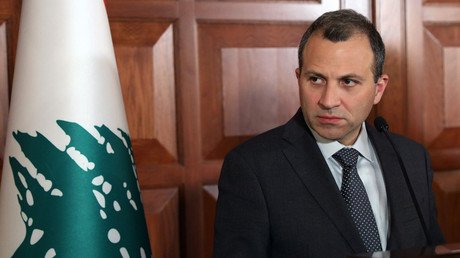Saudi Oil Minister tired of shale hype

“Leave us alone and leave all these issues. We had enough of shale oil and talks of shale. Please talk about anything else,” Saudi oil minister Khalid al-Falih said in Davos, snapping at reporters.
Al-Falih has clearly become annoyed at all the pestering from reporters and market analysts about the prospect of US shale spoiling OPEC’s plans this year. He put on a brave face and dismissed questions about OPEC losing market share as US drillers continue to ramp up. “The market is in an excellent condition, the demand and supply are good, the inventories are good,” he said, according to the Wall Street Journal. “I told you I was relaxed, and I’m still relaxed about the meeting.”
His testy response won’t kill rumors about discord growing from within OPEC. In fact, the WSJ reported that a delegate from an unnamed OPEC country said that falling shipments to the US are a concern. The delegate said that OPEC’s leadership “needs to make some progress on addressing shale.”
But al-Falih didn’t want to hear any of it, and he blamed reporters for stirring up controversy where he says there wasn’t any to begin with. “Why are you all excited all of a sudden on shale? You know why, because you like to chit chat … you are an agent of disturbance,” he said, pointing to a reporter.
At a panel event at the World Economic Forum in Davos, Switzerland, al-Falih said that the IEA is overhyping the impact of US shale. “I was not disputing the amazing revolution of shale … [but] in the overall global supply demand picture it’s not going to wreck the train,” al-Falih said, claiming that the IEA is overstating the role of shale in a global market. “We should not be scared,” he added. “That’s the core job of the IEA, not to take it out of context.”
The comments come a week after the IEA published its January Oil Market Report, in which it said that “explosive” shale growth, combined with production gains in Canada and Brazil, would “far outweigh” any declines from Venezuela and Mexico. The conclusion was the basis for the IEA predicting non-OPEC supply growth of 1.7 million barrels per day (mb/d) in 2018, a figure that exceeds demand growth of 1.3 mb/d. In other words, the IEA says the oil market will once again be oversupplied, largely because of US shale.
But in Davos, al-Falih was exasperated with those claims. He argued that natural depletion, plus strong demand growth meant that there was plenty of room for new supply, and that shale drillers wouldn’t crash the market. He criticized the IEA for an “oversized focus” on US shale.
With some unfortunate timing for him, the EIA published production figures for the week ending on January 19, which showed a massive jump in output to 9.878, an increase of 128,000 bpd from a week earlier. That puts US production at another record high, although it should be noted that these weekly estimates are subject to revision. Nevertheless, the EIA sees US oil production passing 10 mb/d in February, scaling up to 11 mb/d by the end of 2019.
Still, al-Falih expressed resolve, stating that it would be “very unlikely” that the OPEC/non-OPEC coalition would abandon their production cuts at their upcoming meeting in June. Earlier in the week, al-Falih said that Saudi-Russian cooperation in the oil market would last for “decades and generations,” and that he wanted to work out a more permanent framework for OPEC coordination beyond 2018.
Delighted to participate in this stimulating discussion about the future of energy markets. @IEA analysis has been consistent for many years about the shale oil and gas revolution in the United States and its impact on global markets. https://t.co/PBWpGOEXSf
— Fatih Birol (@IEABirol) January 25, 2018
The comments from al-Falih were quickly met with pushback from the IEA’s top officials. IEA executive director tweeted on Thursday a not-so-subtle dig at al-Falih: “Delighted to participate in this stimulating discussion about the future of energy markets. @IEA analysis has been consistent for many years about the shale oil and gas revolution in the United States and its impact on global markets.”
The IEA’s head of oil division, Neil Atkinson, also rejected al-Falih’s characterization that the IEA has overhyped shale. “US shale in the past decade is one of the biggest game changers in oil production history and it's leading 1.7 mb/d of non-OPEC growth in 2018. Other countries e.g. Brazil and Canada are growing fast too,” he said in a tweet on Thursday.
This article was originally published on Oilprice.com
















